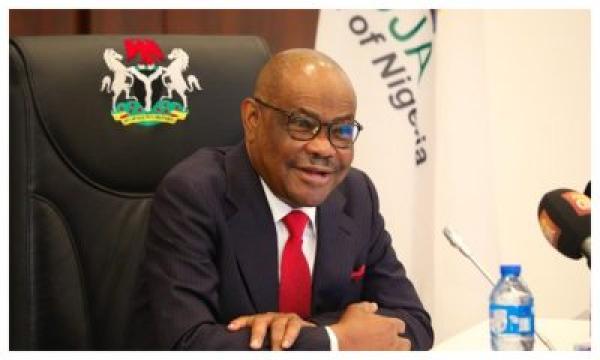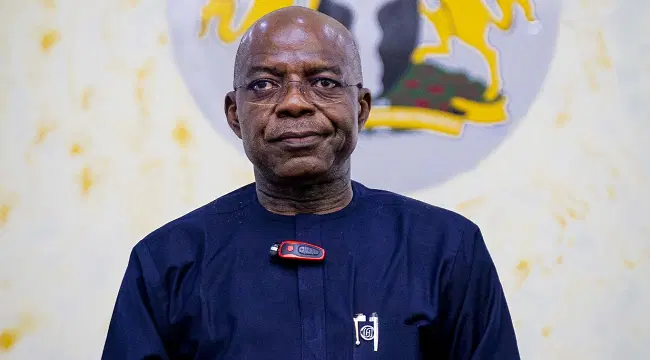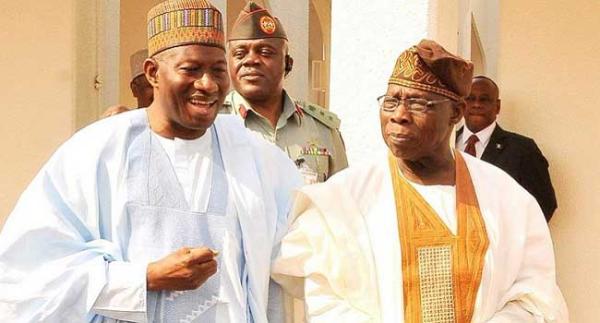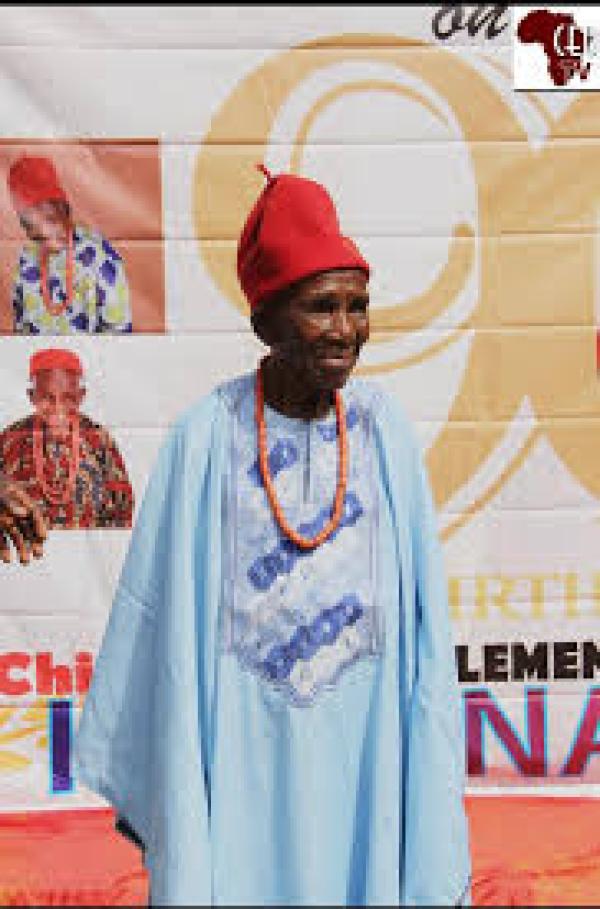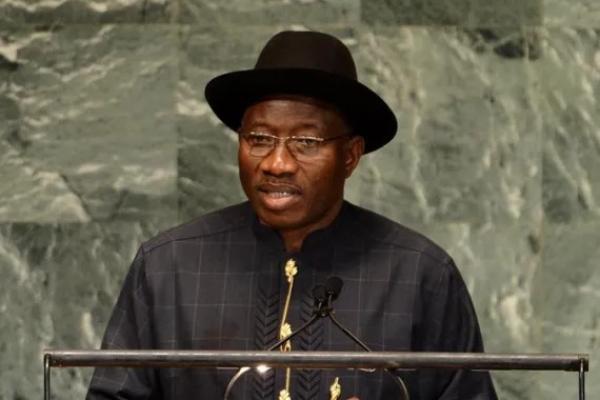
Kayode Fayemi, former Governor of Ekiti State, has blamed Goodluck Jonathan former President for lacking the courage to implement the removal of the fuel subsidy during his administration, despite having the support of key stakeholders at the time.
Fayemi said this while speaking at the Oxford Global Think Tank Leadership Conference held on Tuesday in Abuja, where he reflected on Nigeria’s economic policies, leadership values, and the courage needed to make tough governance decisions.
The former governor, who also served as Minister of Solid Minerals Development, disclosed that contrary to public perception, many governors under Jonathan’s administration ,including himself supported the removal of fuel subsidy, even though the then-opposition party, Action Congress of Nigeria (ACN), opposed it politically.
“When we’re talking about 2012 Occupy Nigeria and the opposition to President Jonathan, the truth of the matter was that the Nigerian Governors’ Forum, of which I was a member, were the major advocates for subsidy removal,” Fayemi stated.
“Yes, my party, the Action Congress of Nigeria at the time, did not support subsidy removal. In fact, myself and Oshiomhole were active promoters of it in all the town hall meetings that were held at the time.”
Fayemi criticized Jonathan for bowing to political pressure instead of standing firm on what he believed was an economically sound policy.
“I think when people want to blame the opposition for not lining up behind President Jonathan, there’s something to be said for President Jonathan lacking the conviction to go ahead to do what he believed in and ensure that subsidy is removed,” Fayemi said.
Drawing a comparison between Jonathan and President Bola Tinubu, Fayemi commended Tinubu for showing decisive leadership by ending the fuel subsidy from the first day of his administration, despite the economic and political backlash that followed.
“What did President Tinubu do? He came in and said subsidy is gone from day one. He could have opted out of it, especially when the pressure started mounting in the first month and prices began to rise. But he stayed on course — and that is the courage we must commend him for,” he outlined.
Nevertheless, Fayemi cautioned that while policy courage is important, managing the aftermath of such bold economic decisions is equally critical.
“The devil is always in the detail,” he noted. “What comes after is how you manage it so that the population does not feel a sense of loss, as they are feeling at this particular point in time.”
The former Ekiti governor also used the platform to urge Nigerian youths not to wait for invitations to participate in nation-building, emphasizing the need for courage, initiative, and selfless service.
“Young people should not wait to be invited,” he advised. “Nobody invited me in; it was my values and belief that a better Nigeria is possible that drew me into activism from academia, and from activism into politics.”
Additionally he said that, leadership should go beyond political ambition and material gain, stressing the importance of integrity, mentorship, and delayed gratification in public service.












